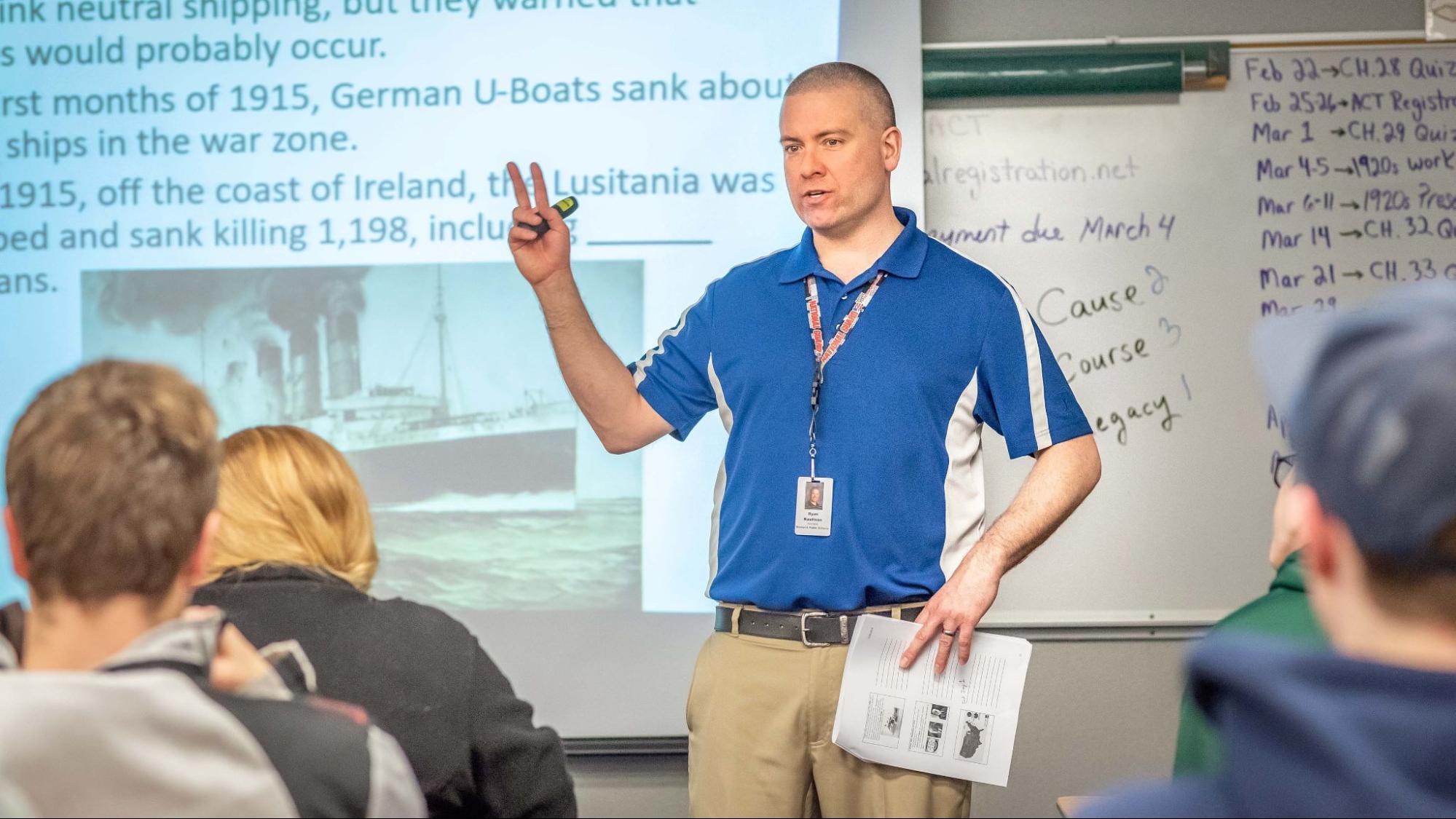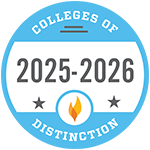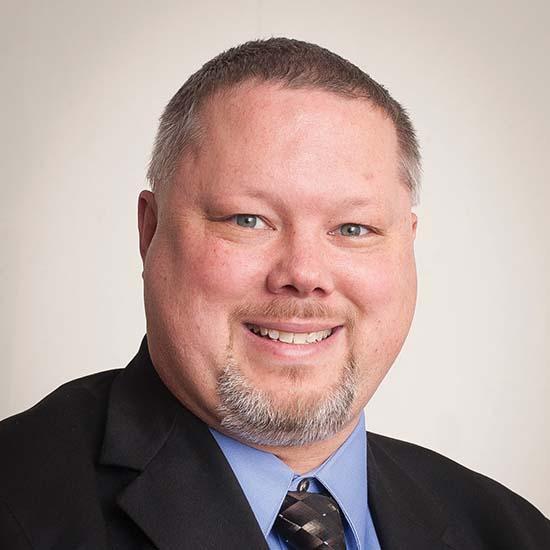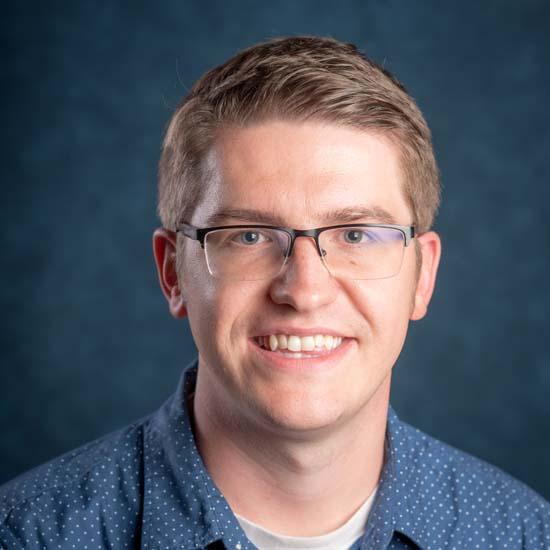Social Studies Education

-
Program TypeMajor
-
Degrees OfferedB.S.
-
SchoolLiffrig Family School of Education & Behavioral Sciences, School of Arts & Sciences
Explore how humans form groups, construct societies, and reconcile differences. Prepare for a teaching career rooted in multiple disciplines.
What You’ll Learn

You’ll be introduced to a wide range of areas, including history, economics, political science, geography, anthropology, sociology, and psychology, to prepare for teaching social studies to students in grades five to twelve. Explore the concepts of critical teacher preparation and develop classroom skills through a curriculum that combines theoretical and practical approaches to social studies education.
- Enhance Your Leadership Skills
Participate in an educational leadership conference and the Emerging Leaders Academy, a four-year program in educational leadership.
- Engage in Collaborative Research
Take part in mentoring and collaborative research activities with full-time faculty with K-12 teaching experience.
- Gain Practical Classroom Experience
Program majors work in a social studies classroom under the supervision of an assigned teacher. The experience includes observation, teaching, and the performance of teacher-related responsibilities.
- Become Licensure Eligible
Upon completion of the program, you’ll be eligible for North Dakota licensure for middle and high school teaching in your subject area.
Program Information
Please visit our catalog for admission requirements and a full list of our courses.
Accreditations
-
![North Dakota Education Standards and Practices Board]()
North Dakota Education Standards and Practices Board
All the University of Mary education programs are fully accredited by the North Dakota Education Standards and Practices Board and all CAEP national standards are fully met.
Featured Faculty

Mark M. Springer, PhD
Chair of Politics and Pre-Law, Director of Social Studies Education, Professor of Politics
My teaching philosophy fits a system where students and faculty are part of a learning community. Ethics and integrity are values that I stress inside and outside of the classroom; I believe we develop as people if we are open to discussion, but also reflective of the values that are important to building a community.
I try to demonstrate to students that a classroom code of conduct is reflective of society at large; the development of a strong community begins with a commitment to professional standards and is a product of the core values of respect for others in society. I feel these values are important for students to understand in order to become effective leaders.
The bottom line is that I love to teach. Each individual has an interesting background and history that makes that student unique to the class. I like seeing students make connections between politics and their life in a meaningful way so that they can see that it is not all about power but can be a shared experience that is positive in life.

Alexander Mains, MEd
Assistant Professor of Education, Director of Secondary Education
As the director of the secondary education program, I have the opportunity to work with prospective middle school and high school educators to help them grow in their skills and develop a love of learning for their future students. I work within eight different subject areas for my program, teaching various methods courses and education courses and visiting practicum schools where my future educators observe classroom teachers and practice teaching their lessons to real students.


